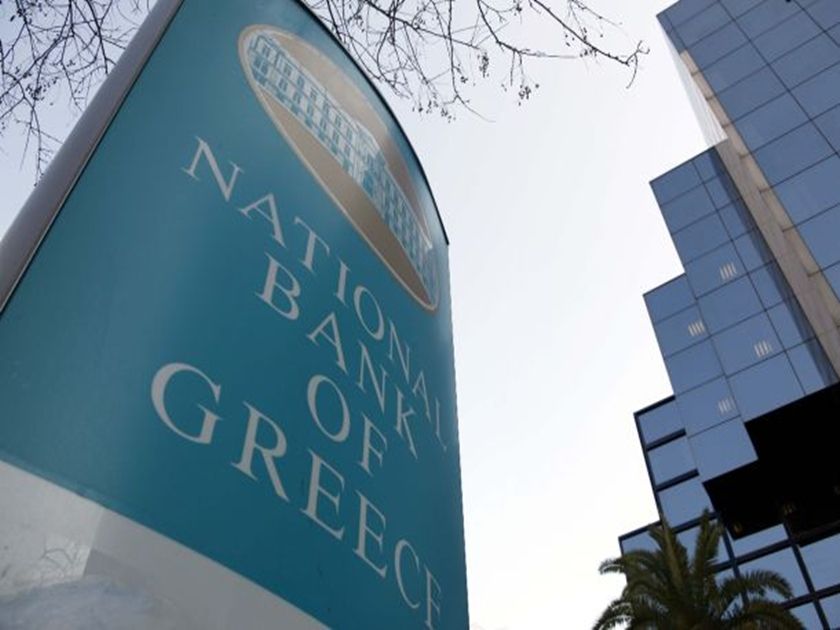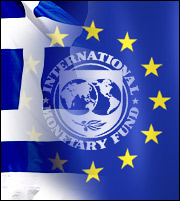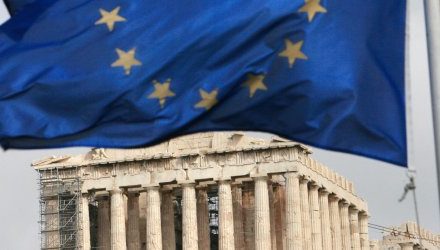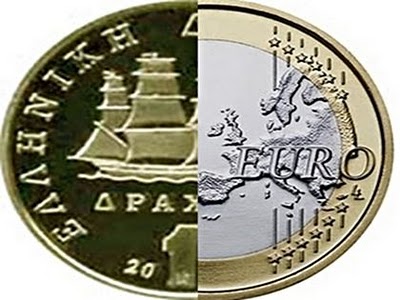National Bank of Greece (ADR) (OTCMKTS:NBGGY), the biggest lender of Greece, saw its stock slump over 90% in the year-to-date (YTD) measure. The bank saw its stock delisted from the New York Stock Exchange after failing to meet the regulator’s requirement. 2015 was a tough year for the bank; it saw immense pressure from shareholders as the stock crumbled to pennies. In the same year, the bank was faced with capital controls followed with dilutive recapitalization.
Mr. Tsipras recently spoke at the launch of National Bank’s Act4Greece program. He claimed that the healing of Greek banks is one of the most important concerns for the country. Although the prime minister claims that the recapitalization has renewed confidence among bank depositors, we believe that the bank is still far from success. Banks in the country remain restricted over their ability to release funds in the economy.
Meanwhile, Greece is required to go through a review of its bailout. Investors of bank stocks should keep in mind, that this bailout might have various outcomes. As much as the bailout is needed for the economy to stabilize, there is still a possibility that Greek banks might demand another recapitalization.
While all these conditions remain to directly impact the overall economy of Greece, it is important to consider that any adverse outcomes might play against the betterment of National Bank of Greece. The biggest lender still faces issues regarding its liquidity position and depositors’ trust. The upcoming bailout review and debt negotiations will decide the fate of the country and the prospects of National Bank of Greece. Mr. Tsipras also confirmed the idea in his speech, declaring that the bailout agreement is necessary for the economy and for Greek banks in order to exchange the government bonds for cheap ECB funding.
On the other side, there are few that aren’t so confident about economic recovery. German Finance Minister Wolfgang Schaeuble recently suggested that it would be hard for the Greek economy to stabilize without currency devaluation.
As for National Bank of Greece, the bank has been on its front foot to increase its liquidity. The bank recently sold its stake in 11 funds to Goldman Sachs Asset Management and Deutsche Bank Private Equity. The transaction of €288 million is expected to be finalized by the end of the first quarter of this year. It is subject to regulatory approval. “The agreed consideration of €288 million enhances the liquidity position of NBG and is capital accretive by c. 6 bps in respect of its pro-forma CET 1 ratio…the respective CET1 ratio including CoCos is 24.6%. Furthermore, the capital enhancement will pave the way to the repayment (following SSM approval) of the €2.0bn State Aid,” reads National Bank of Greece’s filing with the Securities and Exchange Commission (SEC).
We believe that National Bank of Greece is still on its way to full recovery. Regaining depositors’ and investors’ trust is the hardest part for the bank. On the broader economic front, there isn’t much that the bank could do. There are definitely challenges that lay ahead, but moves like selling stake in Finansbank A.S. and other funds, make “National Bank of Greece the most capitalized and liquid bank in Greece.”



















